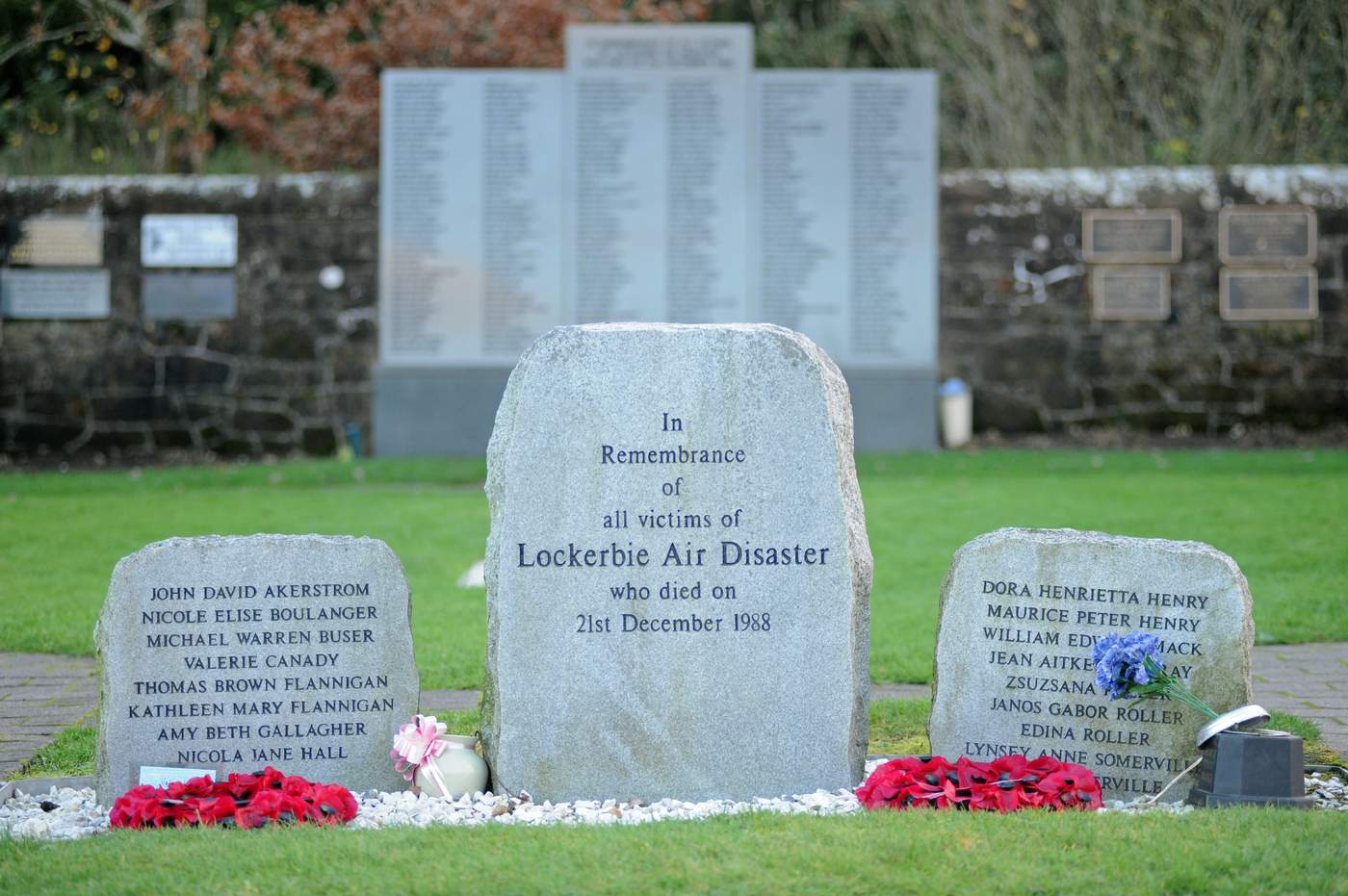Looks like the son of 5A Tong has swept aside all the conventions, treaties and understandings that have kept Europe broadly safe and peaceful for the last 80 years or so. I'm not overlooking the war in the Balkans, nor the current invasion of Ukraine.
After flouting the rule of law by forcibly removing the (admittedly unelected) president of a sovereign country, namely Venezuela's ruler Nicolas Maduro, the power has gone to the head of the US president.
Taking a leaf out of the book, written by Vladimir Putin, he now seeks to grab what he wants, never mind that Greenland is a territory of the Kingdom of Denmark, a close ally. He threatens all who verbally oppose his ambitions, and / or those that support Denmark and the Greenlanders in maintaining the status-quo. All the words of condemnation from various European leaders are just that: words.
It looks that Donald Trump, like Putin, now only understands the rule of the bully, the rule of force. This could well spell the end of NATO, and expose us to the risk of an active threat from Russia.
Trump turns 80 in June. His own mother once said: don't let Donald John anywhere near politics. How true Mary Anne Macleod's words now ring.








